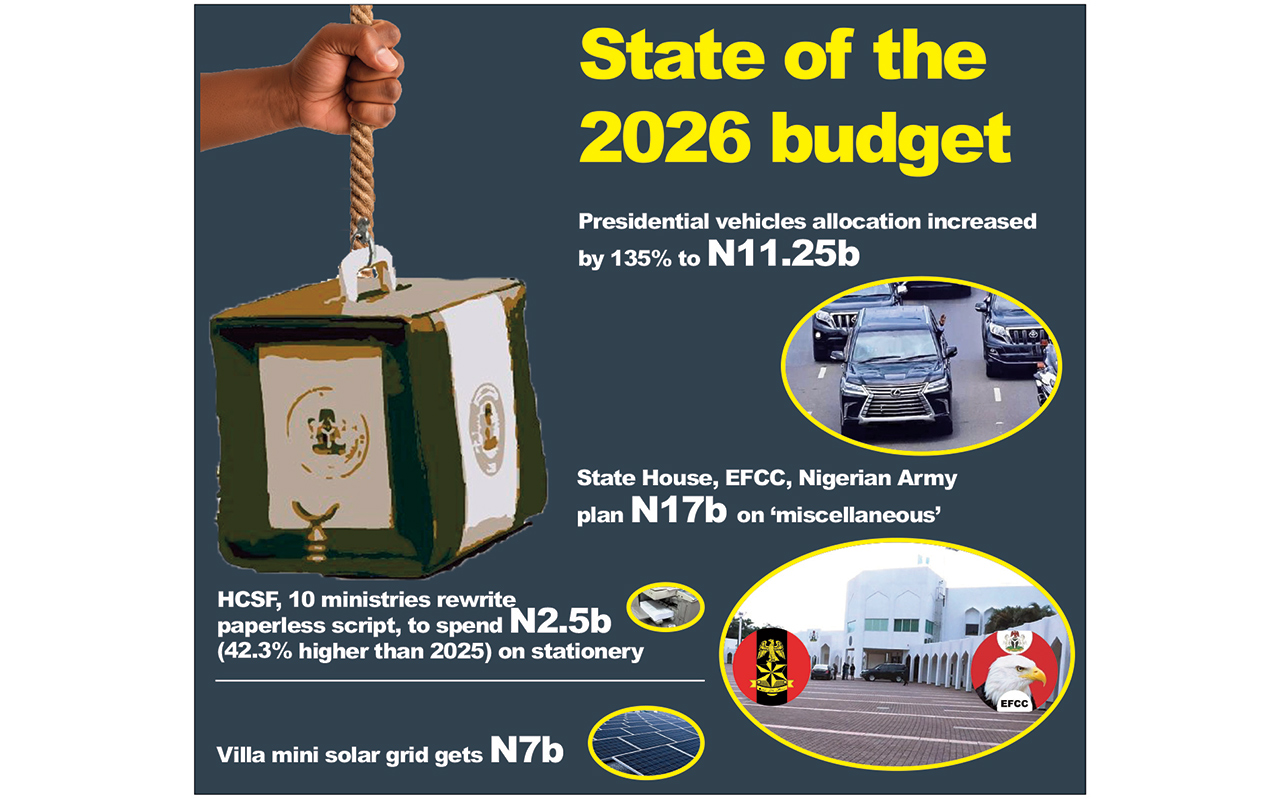
ActionAid has said that the 2024 International Monetary Fund (IMF) and World Bank Annual Meetings in Washington, D.C., were a damp squib that failed to address the growing debt crisis burden and other issues affecting people living in poverty.
The organisation, in a statement, said the IMF’s forecasts of high debt and slow growth—especially among Global South countries—and its recommendations for even more fiscal adjustments, public sector wage rationalisations, and the social acceptability of structural reform demonstrate its continued failure and inability to show relevance for the global majority in the 21st century.
The Global Economic Justice Lead at ActionAid International, Roos Saalbrink, said: “We see once again how the IMF is not fit for purpose and unable to offer real solutions to the economic crises they helped create.
“The decision to stick to old ways and pursue harmful policies, such as public sector wage cuts, is a blatant disregard for decades of evidence showing that this does not work, as well as for the rapidly growing inequality.
“The IMF seems unable to see reality outside its econometric models. Sadly, the lack of meaningful action to arrest the debt crisis and end austerity could spell doom for the global majority, whose voices demanding a break from the failures of the past are, yet again, ignored.”
The Policy Specialist at ActionAid UK, Jessica Mandanda, said: “It has been 80 years, and we find ourselves, yet again, at odds with the International Financial Institutions, with consistent contradictions between what they say and what they do.
“What is crystal clear is that the IMF is completely out of touch and disconnected from the lived realities of billions across the world who are suffering because of austerity and bad policy advice.”
“The calls for austerity—or fiscal adjustments and restrictions, as the IMF terms them—will increase the burden on vulnerable communities, especially women, who bear the brunt of cuts in spending on essential services such as health, education, and other support sectors.
“In so many ways, we saw even more this past week that the IMF is willing to let people—especially women—be collateral in the pursuit of economic growth. After 80 years, we expected the IMF to take responsibility for its failed policies and be open to changing its ways of operating. Their decision to stick to business as usual will undoubtedly have negative repercussions on vulnerable and poor communities in the Global South,” Jessica added.
“Metrics like Gross Domestic Product (GDP) growth hide the real impacts of economic policies and whose interests this endless growth serves. It is a continuation of a colonial system that enables the extraction of wealth and resources into the hands of a few, fueling extreme inequality. The increasing climate crisis stems from this unchecked pursuit of GDP growth, which drives extractivism and has pushed the planet beyond its limits,” she stated.
The Women’s Rights Programme and Policy Advisor for ActionAid International, Lina Moraa, said that while the IMF preaches ‘reform,’ it is clear that they have failed to deliver on this for the past 80 years.
“The fund is still deeply entrenched in neoliberalism and happy to perpetuate a system that fuels inequality and suffering. We demand a radical departure from this failed model and a new era of economic justice for all,” she said.
“The time is up for outdated economic policies, systems, and rules that disproportionately impact women and girls. As part of international financial architecture reform, governments must take debt negotiations and sustainability assessments away from the IMF and transfer them to a new UN democratic and representative debt workout mechanism to function at the Fourth UN Financing for Development Conference in 2025, in tandem with a UN Convention on International Tax Cooperation.”
She stressed the urgent need for a collective resolution to the global debt crisis anchored on debt cancellation, radical debt renegotiation, reparations, and bold action for progressive, gender-responsive, and climate-sensitive tax reforms, allowing governments to invest in quality public services.
Moraa further lamented the blatant unwillingness of Global North governments to change the current governance structure of the IMF and World Bank, as the IMF itself also seems adamant about maintaining the status quo—keeping itself at the center of economic decisions and continuing endless cycles of debt, reforms, and government spending cuts.
“Debt cancellation simply is not in the IMF’s interest—it might put it out of business. So, we should see its outdated recommendations for what they are: a deliberate attempt to maintain its relevance and power,” Roos added.






